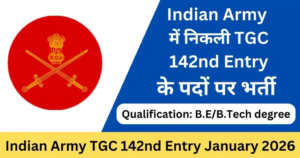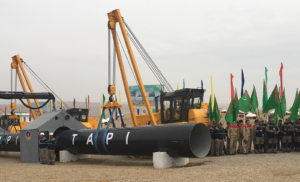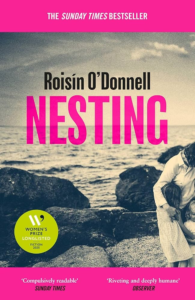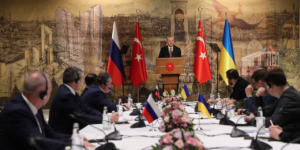The Shifting Sands of Negotiation: Ukraine, Russia, and the Elusive Pursuit of Peace
The ongoing conflict between Ukraine and Russia continues to dominate the global stage, with recent developments indicating a potential, albeit fragile, movement towards dialogue. However, deep divisions and conflicting preconditions threaten to derail any meaningful progress. The chasm between the two nations, coupled with international skepticism, paints a complex picture of the current state of negotiations.
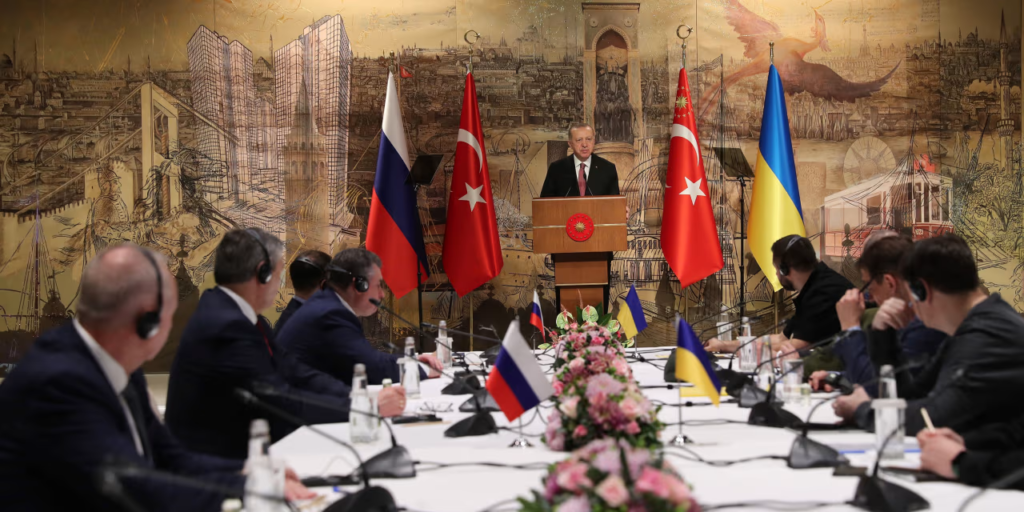
Ukraine’s Insistence on a Ceasefire: A Prerequisite for Dialogue
Ukrainian President Zelenskyy has maintained a firm stance, reiterating his demand for a 30-day unconditional ceasefire as a necessary precursor to direct peace talks with Russia. While acknowledging Russia’s expressed willingness to engage in discussions as a “positive sign,” Zelenskyy’s insistence on a ceasefire underscores Ukraine’s desire to halt the ongoing hostilities and establish a foundation for meaningful negotiations. From Ukraine’s perspective, a ceasefire is not merely a tactical pause but a crucial step towards de-escalation and the protection of civilian lives.
Russia’s Offer of Unconditional Talks: A Point of Contention
In contrast to Ukraine’s position, Russian President Vladimir Putin has proposed direct talks to be held in Istanbul on May 15th, stating that these discussions should occur “without preconditions.” This apparent openness to dialogue, however, is complicated by the Kremlin’s subsequent statements. Russian officials have indicated that any proposed peace talks would inevitably consider the 2022 draft deal, which reflects a period of intense negotiation early in the conflict, and the “current reality” of Russian control over a significant portion of Ukrainian territory. This caveat raises concerns that Russia’s offer of unconditional talks is, in fact, contingent on Ukraine’s acceptance of territorial losses and a settlement that aligns with Russia’s strategic objectives.
International Skepticism: Macron’s Doubts and the Complexities of Negotiation
The international community remains cautiously optimistic, yet deeply skeptical, about the prospects for a lasting peace. French President Emmanuel Macron’s statement that Putin’s proposed talks are “not enough” highlights the prevailing doubts about Russia’s sincerity and the complexities of the negotiation process. Macron’s skepticism reflects a broader concern that Russia’s offer may be a tactical maneuver rather than a genuine commitment to peace. The deep-seated distrust between the two nations, coupled with the ongoing military conflict and the vast humanitarian crisis, creates a formidable obstacle to any meaningful dialogue. The differing preconditions, the contested territories, and the divergent interpretations of past agreements paint a picture of a negotiation process fraught with challenges and uncertainties.
The Path Forward: A Fragile Hope Amidst Deep Divisions
The recent developments in the Ukraine-Russia conflict reveal a potential window for dialogue, but also underscore the profound challenges that lie ahead. The conflicting preconditions, the contested territories, and the deep-seated mistrust between the two nations threaten to derail any meaningful progress. While the international community hopes for a diplomatic breakthrough, the path towards a lasting peace remains uncertain. The ability of both sides to bridge their differences, to address the core issues of the conflict, and to prioritize the lives and well-being of the affected populations will ultimately determine the outcome of these delicate negotiations.







